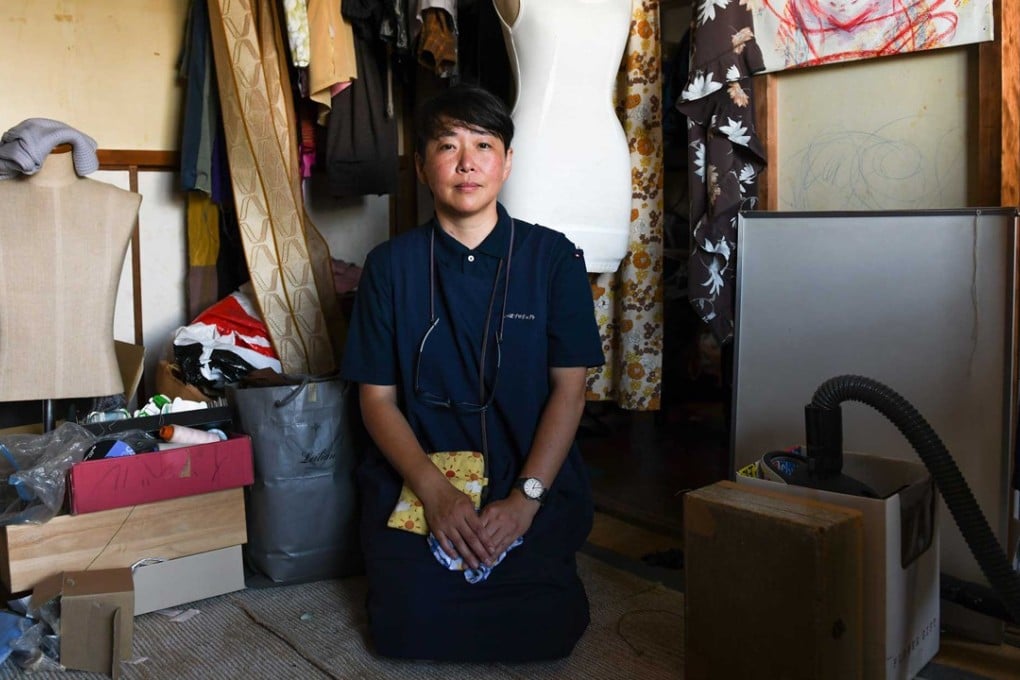Dying alone in Japan: the industry devoted to disposing of what’s left behind
As the country’s population ages and shrinks, there is increasing demand for services that clean out and dispose of the property of the dead

Jeongja Han dumps a drawer of pens and lighters into a plastic rubbish bag while her client, a recently widowed woman in her mid-50s who asked not to be named, sits on a stool, watching. The woman’s husband died in a car accident a few weeks ago, leaving her to clean out the spacious two-bedroom flat they occupied for 30 years in Tokyo’s trendy Ebisu neighbourhood. They had no children to lay claim to heirlooms, so her directions to Han were simple: “Get rid of everything.”
Han is director of Tail Project, a six-year-old company based near Tokyo that specialises in cleaning out and disposing of property accumulated by the deceased, a service that is increasingly in demand as Japan’s population ages and shrinks. For Han, today’s job is relatively simple. She and her crew of three started at 9am, and the small truck waiting on the street below will be full and gone by 1pm. Time permitting, Han plans to accompany it to a trading company that purchases used belongings, packs them in overseas shipping containers, and exports them to buyers in the Philippines.
Companies such as Tail Project are increasingly necessary in a country where each year more people die with no one to mourn them. In 2017, there were 946,060 births and 1.3 million deaths in Japan, marking a seventh consecutive year of population decline. By some estimates, Japan’s population could shrink by a third over the next 50 years, and there’s little chance the trend will reverse.
The roots of the problem reach back to the country’s post-second-world-war boom, which produced levels of consumption unprecedented in historically conservative Japan. But that lifestyle burst with Japan’s asset bubble in the early 1990s. The resulting economic insecurity is leading young Japanese people to put off marriage and children – or skip them altogether. What’s left is one of the world’s oldest societies, millions of junk-filled homes and a dearth of heirs.
According to the Association of Cleanout Professionals, a Japanese trade group, its 8,000 member companies collectively bring in revenue of US$4.5 billion a year. Over the next five to 10 years, the group expects its membership will double.
For now, Han is busy. Through a translator, she describes cleaning out a home the day before in Fukushima, 300km to the north; after the Tokyo job, she will be bound for Yokohama, 30km away, to meet another client. Now she dips into the junk drawer. Unopened boxes of staples go in the resale carton, while pens get tossed into the nearby rubbish bag. She picks up a small brown cylinder. It’s a personal seal or chop, used like a signature in Japan. She turns to the widow. “Do you want this?”